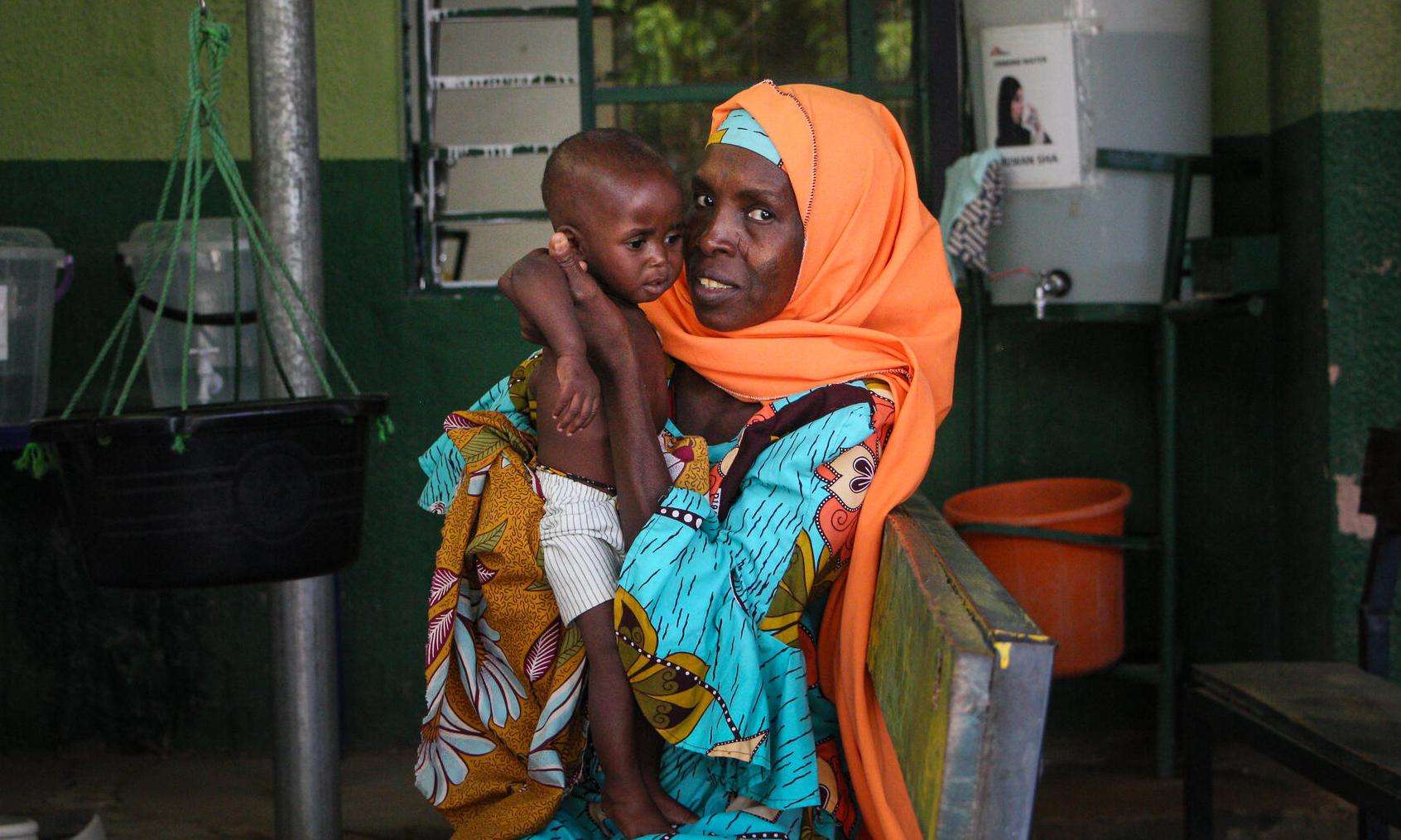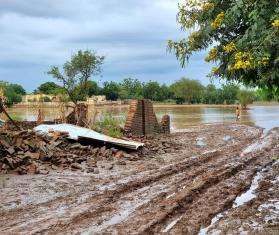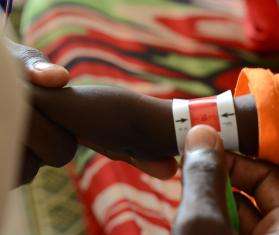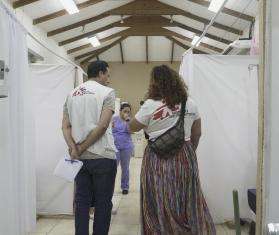ABUJA, September 10, 2024—This year, with the continuing relentless grip of poverty, food shortages and insecurity, among other factors, the number of children suffering from malnutrition in northern Nigeria has reached catastrophic levels.
One out of every four children under the age of five is malnourished in the Shinkafi and Zurmi areas of Nigeria’s Zamfara state, according to a mass screening conducted in June by Doctors Without Borders/Médecins Sans Frontières (MSF) and the Ministry of Health. Of the 97,149 children screened in 21 different urban and rural locations, 27 percent were found to be suffering from acute malnutrition, including 5 percent with severe acute malnutrition.
These concerning figures far exceed the 'critical level' threshold established by the World Health Organization (WHO) regarding malnutrition prevalence. MSF urges health authorities, international organizations, and donors to immediately intensify their efforts to tackle the escalating malnutrition crisis in Zamfara state, as well as whole of northwest Nigeria—a region not yet included in the United Nations Humanitarian Response Plan.
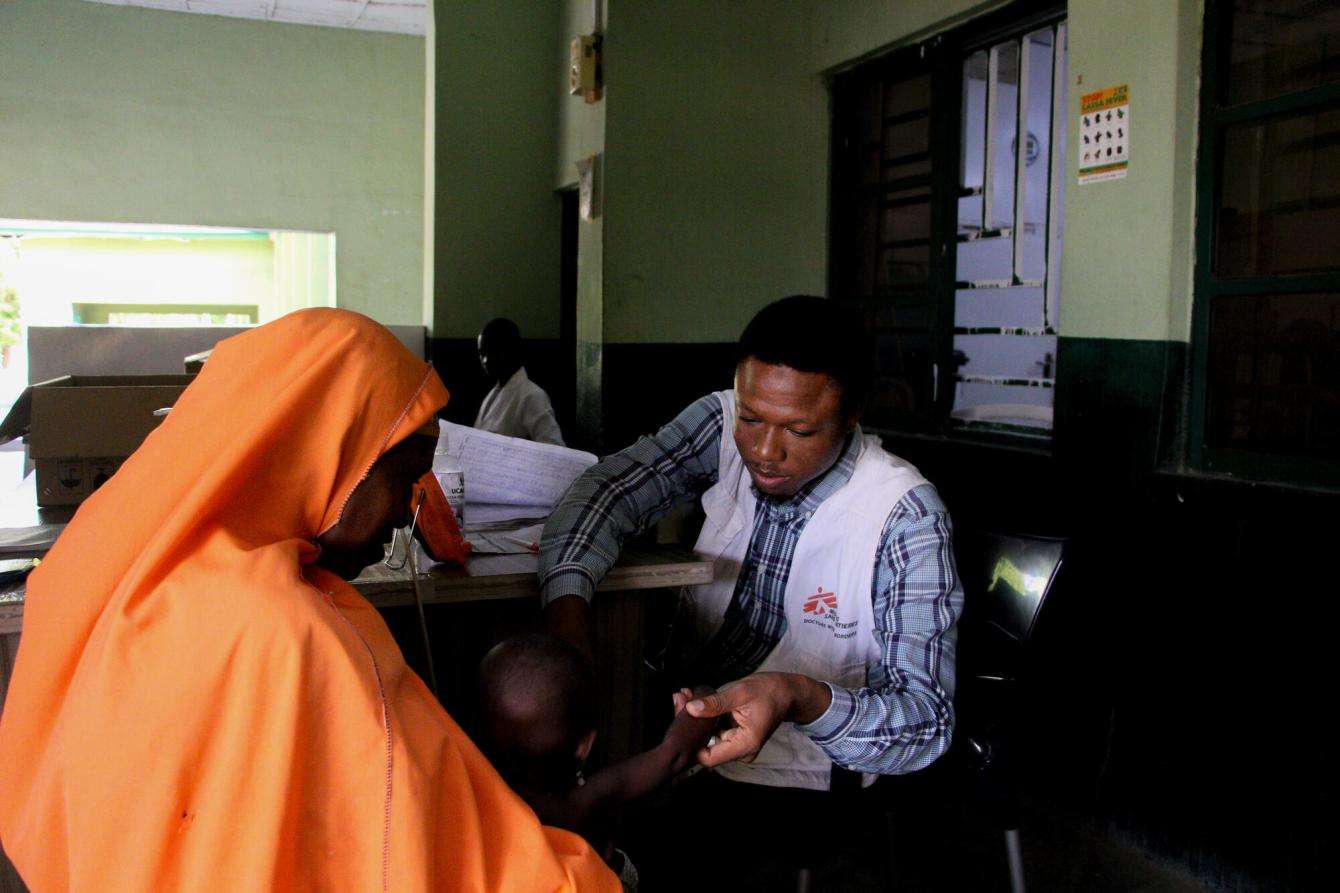
Lack of therapeutic food threatens children’s lives
The mass screening held in June in the Shinkafi and Zurmi areas further revealed that about 22 percent of children screened are moderately malnourished. Currently, the nutritional supplies essential to treat such children, also known as ready-to-use therapeutic food (RUTF), are unavailable due to UNICEF halting the flow of its supplies at the start of the year. This current lack of humanitarian response to treat those who are moderately malnourished in northwest Nigeria risks the lives of these children who, without immediate care, will progress to severe acute malnutrition, threatening their survival and compromising their long-term health.
“The screening results from Shinkafi and Zurmi are nothing short of alarming, revealing a catastrophic malnutrition crisis across northwest Nigeria,” says Abdullahi Mohammad, an MSF representative in Nigeria. “The response to this overwhelming disaster is grossly insufficient. With malnutrition rates soaring beyond critical levels and no immediate treatment available for moderate acute malnutrition apart from at MSF facilities, we’re effectively letting more children fall into life-threatening conditions. It is crucial we ensure every child receives the medical care they desperately need.”
MSF currently runs four inpatient and 17 outpatient facilities in Shinkafi, Zurmi, Gummi, and Talata Mafara in Zamfara—a state badly affected by malnutrition. Across all four inpatient facilities, MSF teams have treated over 7,000 children from January to July 2024. These figures are 34 percent higher than the same period in 2023. In Shinkafi and Zurmi, where MSF conducted the recent malnutrition screening, the increase in admissions is 50 percent higher than the same period last year. At the medical facility in Gummi, admissions in July 2024 were almost double the number for the same month last year.
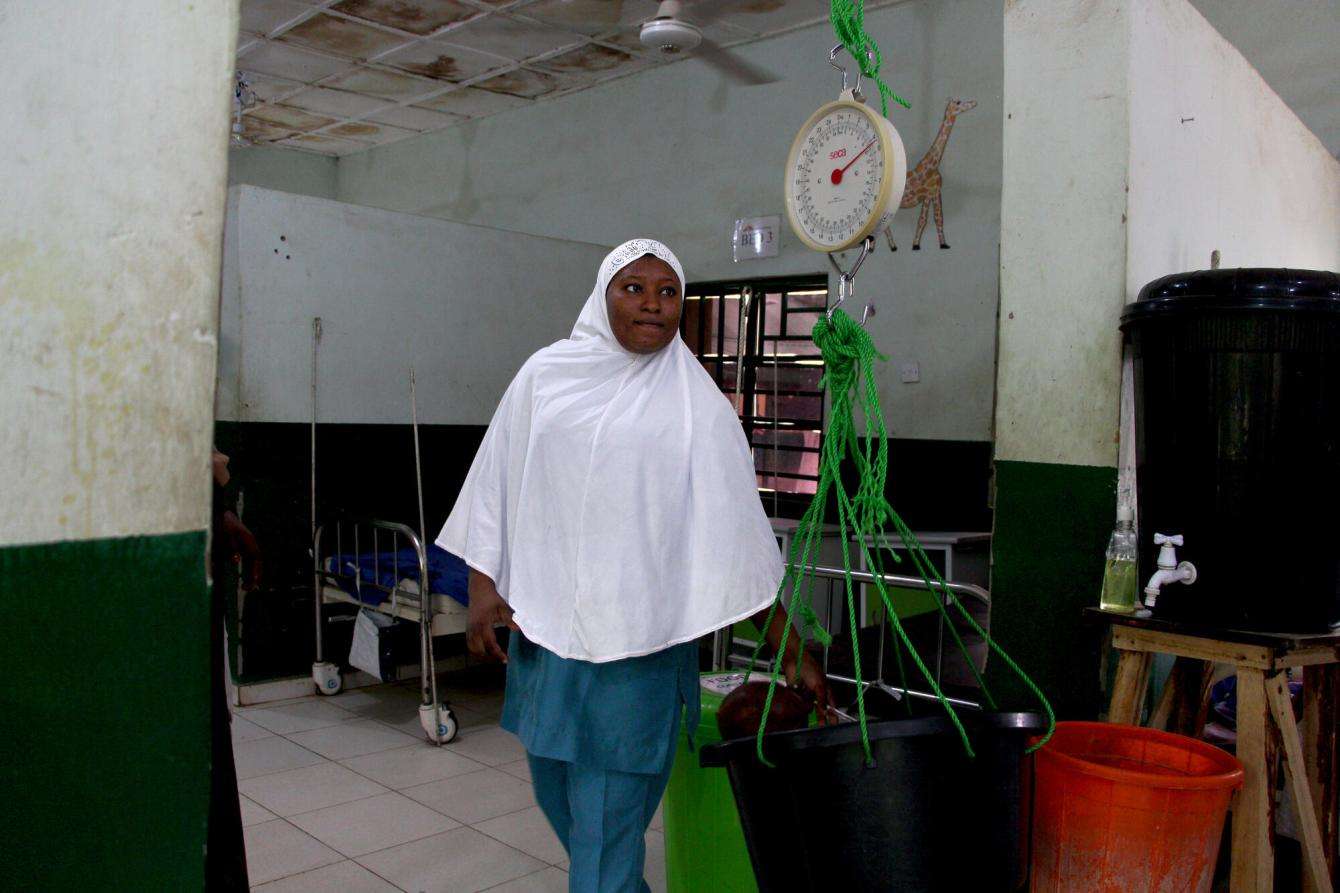
Preventable illnesses compound risks for malnourished children
Alongside the significant increase in malnutrition admissions, MSF teams are seeing high numbers of children with vaccine-preventable diseases such as measles. In Zamfara, they have treated at least 5,700 measles cases so far this year. Infectious diseases like measles, malaria, and acute watery diarrhea severely compromise the nutritional status of children. In turn, malnutrition makes them far more susceptible to these illnesses, with a higher risk of death.
“When I first brought my son into the hospital, I didn’t know if he would survive,” says Hafsat Lawal, a mother whose child is being treated for malnutrition at an MSF facility in Zamfara. “Back at home, because of the insecurity we don’t have food. The prices of food have more than doubled. If we had money, we would have bought some grains, but we cannot.”
Communities are facing high levels of violence in Zamfara and have told MSF teams that they are scared to move around the state, taking huge risks to reach functioning health care facilities. It is estimated by the health authorities that as of 2023, only about 200 out of 700 health care centers in Zamfara are accessible, and the rest are non-functional. One of the reasons is that health care workers struggle to reach them.
Despite the ongoing humanitarian crisis and high levels of insecurity, communities in northwest Nigeria have long been excluded from coordinated humanitarian response. It is essential that health authorities in this area, alongside international organizations and donors, urgently scale up their response. The immediate expansion of health facilities is needed to treat malnourished children and ensure that more hospitals can offer the type of inpatient care desperately needed to save lives. Moreover, UNICEF, as the primary supplier of RUTF, must ensure the consistent and sufficient delivery of these essential therapeutic foods to prevent more children from falling victim to this crisis.
